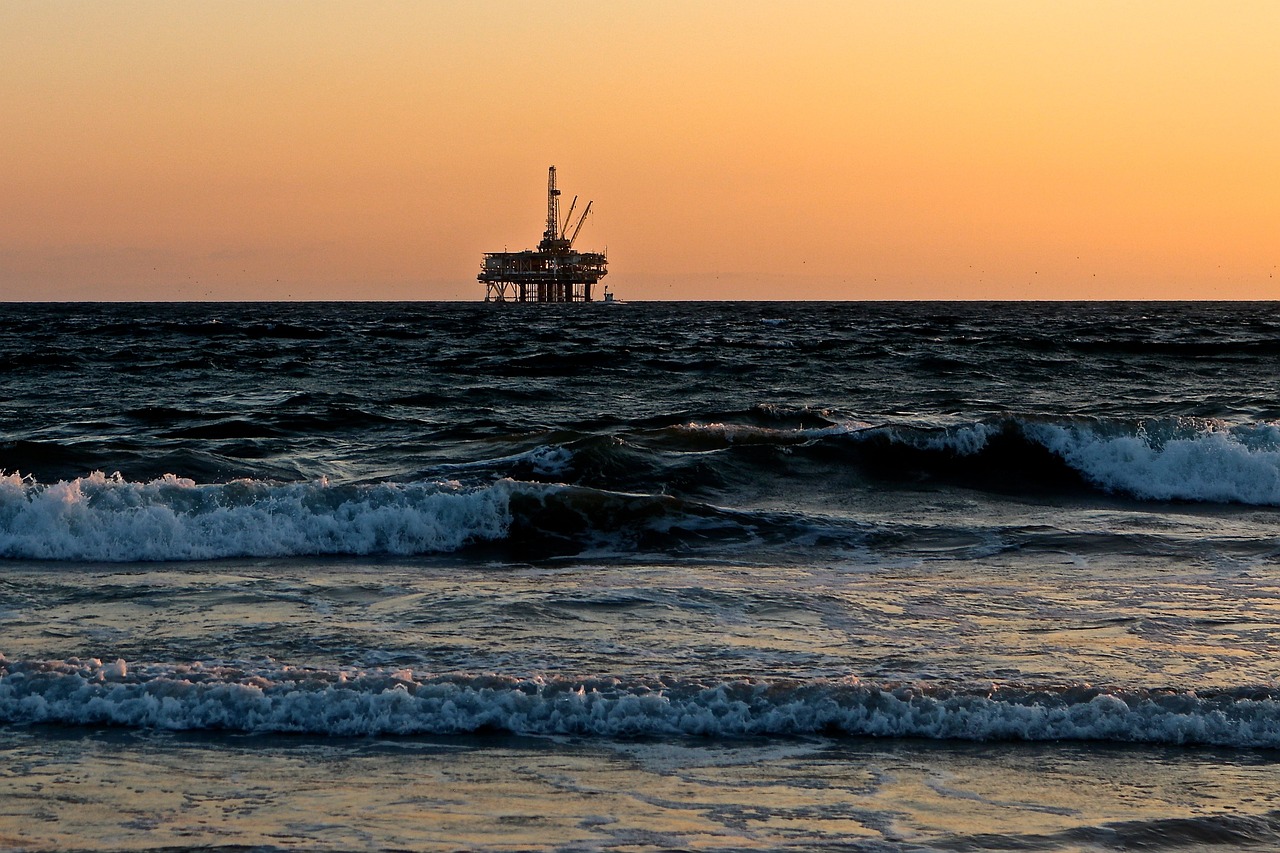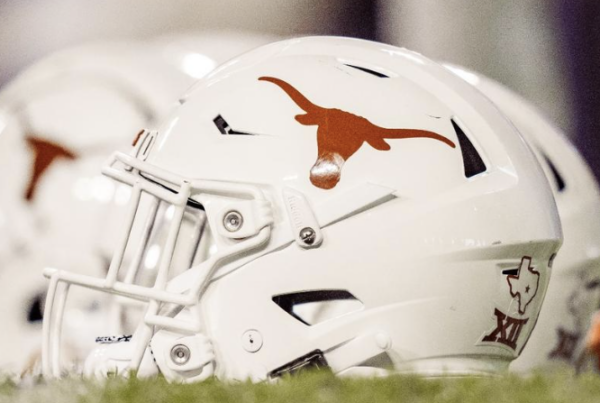Earlier this month an oil spill was detected in the Gulf of Mexico, off the coast of Louisiana.
Pipelines in the area were quickly shut down, but not before roughly a million gallons of oil were discharged into the gulf. No new oil has been detected in the waters since Nov. 20, according to the US Coast Guard, but it is still unclear where it came from or what happened.
Rebekah Ward, environmental reporter with the Houston Chronicle, has been covering the latest, and spoke with the Standard about what is known so far. Listen to the interview above or read the transcript below.
This transcript has been edited lightly for clarity:
Texas Standard: It seems like there are still a lot of questions about this particular oil spill. When did it happen and how much oil are we talking about here?
Rebekah Ward: Yes. So those are actually two questions that we do have the answers to. So on Nov. 16, Third Coast Infrastructure reported that an estimated 1.1 million gallons of Louisiana sweet crude oil had spilled into the water about 20 miles off of the mouth of the Mississippi River.
Well, now, what is that company that you mentioned and what are regulators doing to try to get to the bottom of the cause?
Right. So Third Coast Infrastructure, though the Coast Guard received a report from them of the leak, neither the company nor officials have been able to identify where the pipeline ruptured or even confirm whether it was a Third Coast Infrastructure pipeline that caused the leak.
So the unknowns – currently the unified command led by the Coast Guard of federal, state and local officials are scouring the pipeline and nearby pipelines because there’s a whole cluster in that area to try to figure out where the actual rupture was, if there was a rupture, and what the cause might be in the initial report. They cited likely pipe corrosion, but that is all still speculative. The actual source will only be confirmed once they find the hole.
Well, I have to say I’m a little baffled by the fact that this happened several days ago and I haven’t been seeing or hearing a lot about it in the news other than what I’ve seen in the Houston Chronicle here. Are Louisiana officials concerned? What are you hearing on that front?
I think that the fact that the pipeline was turned off and that seemed to stop the flow of oil into the water mitigated some of the ongoing concern.
I also think that some of the experts that we spoke to have said, you know, the Gulf is an oily place. There are actually many more spills and leaks than we realize. But the current spill is, you know, larger than those more frequent spills, but still significantly smaller than spills like the Deepwater Horizon in 2010, which released 134 million gallons.
So, you know, both researchers and also wildlife experts think that our meter for what’s a serious spill has gotten skewed.
» GET MORE NEWS FROM AROUND THE STATE: Sign up for Texas Standard’s weekly newsletters
We’ve just sort of become inured to spills in the Gulf, is what I hear you saying.
Exactly. And the other thing that both helped and also made this spill a little bit more complicated is that since it occurred during very strong winds and rough seas, that meant that the oil got dispersed more quickly than it might have otherwise.
The Coast Guard estimated in their initial reports that 50% mixed into the water column in the first 24 hours and 25% evaporated. Now, that doesn’t mean that it did not have impacts on the local wildlife, but it does mean that the oil slick visible on the top of the water was not as persistent or as large as it might have been otherwise.
So, you know, aerial photographers confirmed it was about 3 to 4 mile miles wide initially, and that oil on the surface can be scooped up and it can be alarming and, you know, very visual. Whereas when oil is mixed into the water column, you know, one expert I spoke to said that it turns into this sort of emulsified mousse that can have a greater impact on wildlife because it tends to stay concentrated, but it’s less visible.
And it could take years to actually determine what sort of environmental impact we’re talking about here.
Of course. Yes. And that’s something, you know, again, Deepwater Horizon skews our meter a little bit because it was such a huge spill that research funding went into tracking that wildlife damage over the course of years.
But, you know, with a medium sized spill like this, it’s not yet known how in this particular moment that will play out, whether there will be the research dollars to continue looking at how this particular spill has affected wildlife as opposed to the frequent smaller spills that occur in the Gulf.














